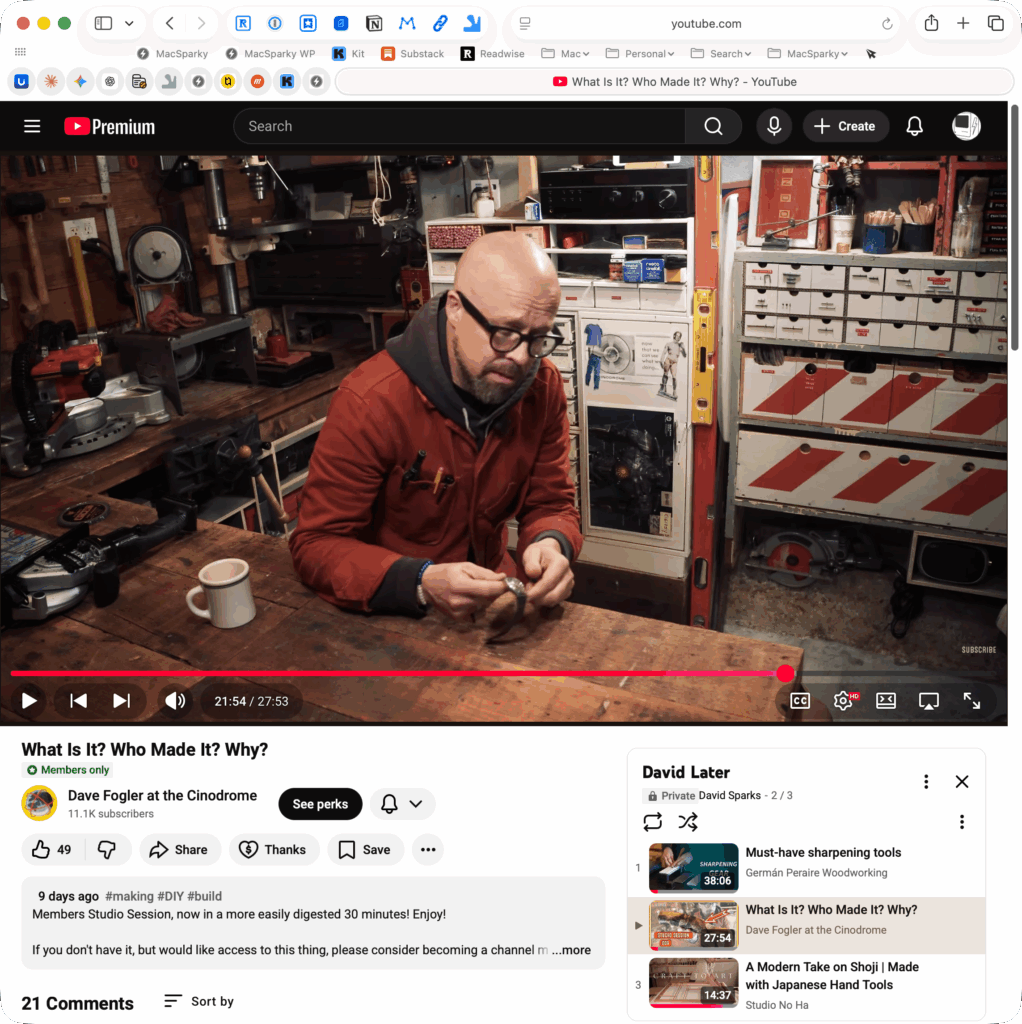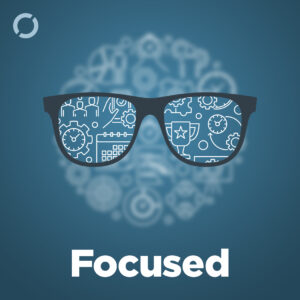The rumors just keep dropping for Apple releasing a folding iPhone next September. This would presumably be in addition to the standard iPhone, the iPhone Pro, and (maybe) the iPhone Air. The interesting thing about that folding iPhone is that there would then be two “premier” iPhones.
The iPhone Pro
- The best cameras
- Thinner than an iPhone Fold
- a standard sized screen
The Folding iPhone
- Worse camera than an iPhone Pro (I don’t see how they can get the same quality camera in a thinner case that would be one half of a folding iPhone)
- One standard size screen (on the outside) and a roughly iPad mini-size screen (although more square than an iPad screen) when unfolded.
- An overall thicker doo-dad in your pocket.
- Likely 1.5x the price of the iPhone Pro.
There will be trade-offs. Interestingly, there will no longer be a clear best iPhone.





